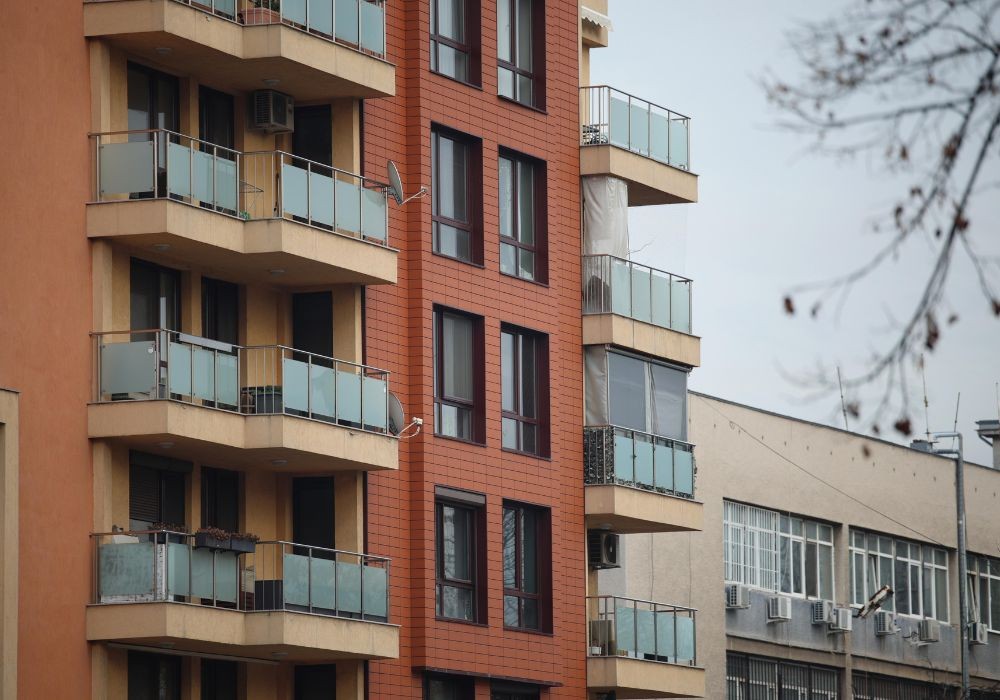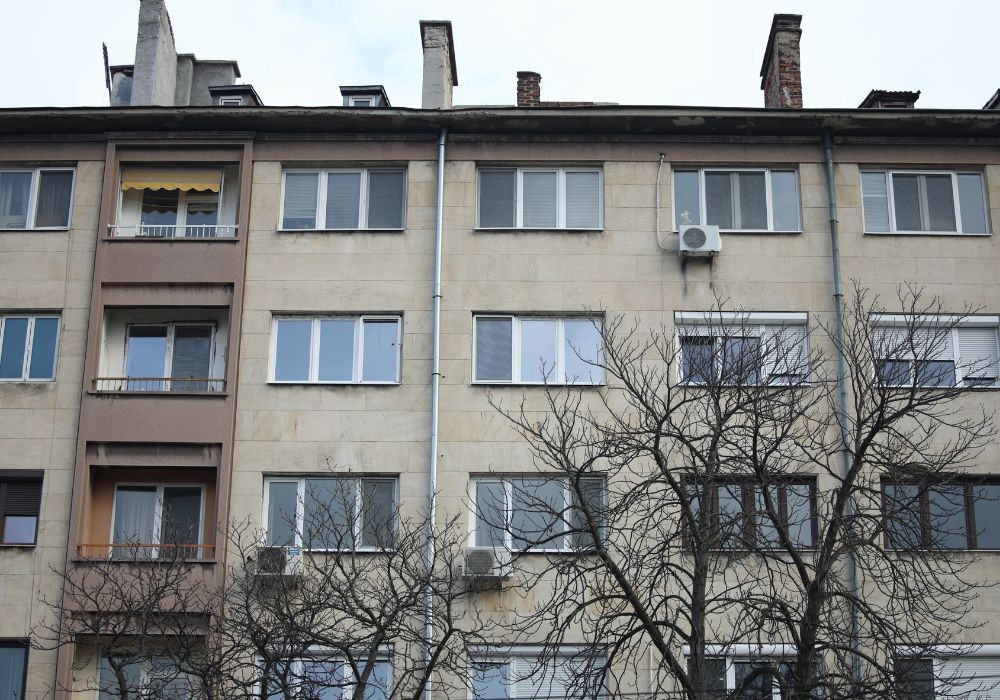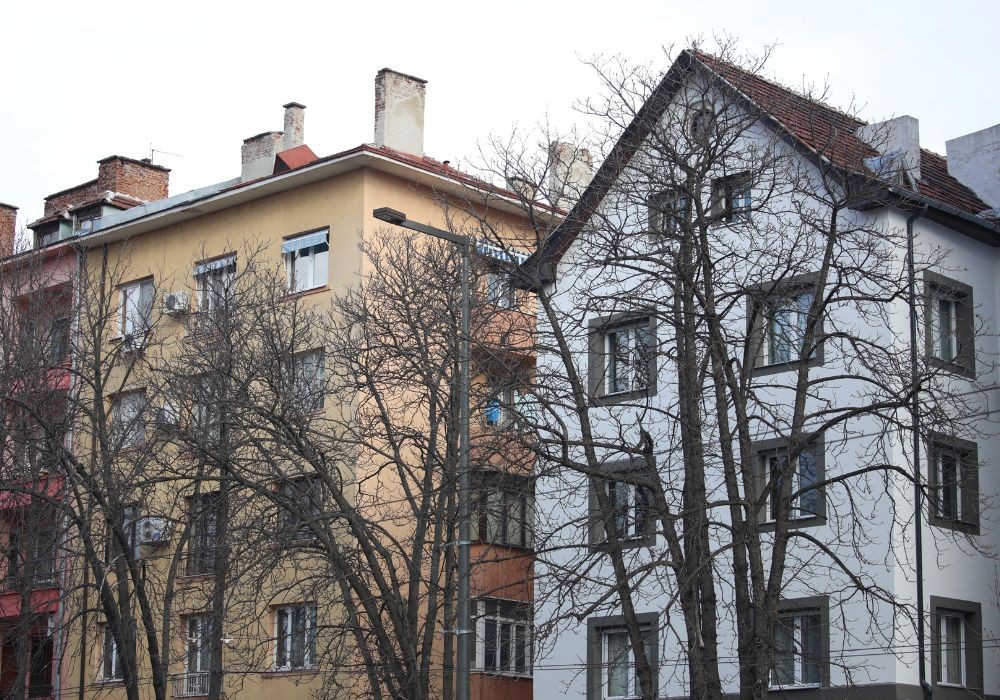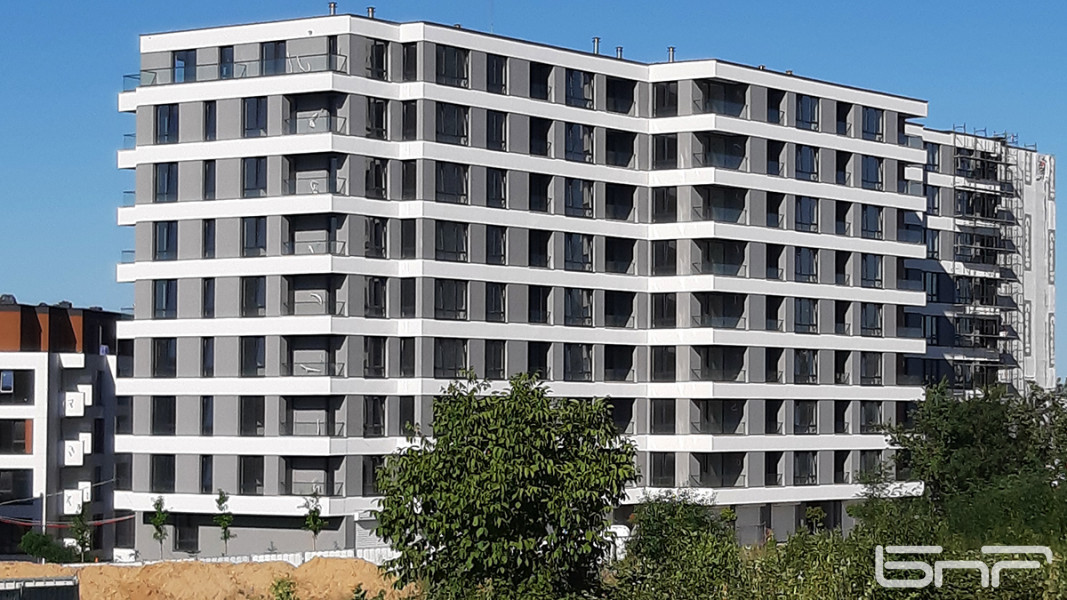The expected adoption of the single European currency from January 1, 2026 is one of the many topics dividing society. In addition to being a cause for political quarrels, the euro is also a cause for concern among some Bulgarian citizens. The most immediate fear among people is related to the expectation of a sharp increase in prices. And while the current government promises that it will not allow speculation when it comes to mass products, other markets cannot be influenced by any regulatory body, but move according to the rules of demand and supply.
This is the real estate market, where prices have increased many times in recent years, even without us being a member of the eurozone. Here, transactions have been carried out mainly in euros for decades. However, with Bulgaria's accession to the eurozone, there are fears that prices will increase their growth rates even more. Some see grounds for such expectations in the fact that the mandatory reserve that banks must now hold in the Bulgarian National Bank will fall from 12% to 1%. This will automatically lead to the release of some "fresh" capital of 7.5 billion euros, which, if used for mortgage lending, could lead to an even greater inflation of the property bubble.

Reducing the banks' required reserves could lead to a price jump, but not necessarily, economist Stoyan Panchev, co-founder of the Expert Club for Economics and Politics says:

"One way for this to happen is to release the minimum required reserves in banks, i.e. for banks to have even greater liquidity available to give as loans. This will happen if it is not limited in some way. There are two ways in which it can be limited and they come down to an increase in the interest rate. One way is for some convergence to occur between the Bulgarian interest rate, which is one of the lowest in Europe, with that of the European Central Bank. Or some onset of recession, some form of financial crisis, which would also raise interest rates. In other words, if these things do not happen, it is entirely possible that due to the additional liquidity that comes from the decrease in the minimum required reserves, we will have an additional jump in property prices," Panchev says.
According to him, inflation and prices after the adoption of the euro will certainly rise in general, but the real estate market is a more special case and precisely because of the listed factors, it cannot be said with 100-percent certainty whether such a thing will occur there.

"When it comes to mortgage loans, interest rates in Bulgaria are currently very low. According to me, the more likely scenario is for interest rates to rise," the economist says.
According to Ivan Velkov, member of the Management Board of the Bulgarian Industrial Association and member of the Board of Directors of Fiabci Bulgaria - the International Federation of Real Estate Specialists, the speculative increase in prices has already been consumed by the market and the adoption of the euro will certainly not lead to an additional and faster price rise.
"This speculative rise in property prices has already happened. I would not say that prices will rise faster or slower. The very fact of adopting the euro cannot speed up or slow down processes that are more related to our internal economic processes. The big question about the speed at which real estate prices are changing is related to inflation in Bulgaria and the EU. The problem lies in the fact that money is rapidly devaluing. Bulgaria will simply become part of a large common market, where real estate price increases are observed in absolutely every major European economy," Ivan Velkov says.

The expert points out that the two factors that mainly influence real estate prices are the economic situation in Bulgaria and the behaviour of banks. The 7.5 billion that Bulgarian banks will receive after the release of their reserves will not contribute to changes in the market, Velkov says and adds:
"These 7.5 billion will be a drop in the ocean, as the value of the building stock in Bulgaria is several hundred billion. It is much more important how much money will be invested in road construction, how many grants will be utilized - this money very easily reaches real estate and pumps up inflation and prices, and not what households and small businesses hold in deposits."

Only time can tell whether prices will increase further after the adoption of the euro. However, the fact is that at the moment the growth of housing prices continues, albeit at a slower pace. According to Stoyan Panchev, the sharp jump that we have been observing for several years cannot continue in the long term, as the market is currently reaching the levels of the pre-crisis 2008. Ivan Velkov, on the other hand, predicts a serious change in the market - modern and high-quality construction is now becoming a mandatory condition and those sellers who do not comply with this will find it increasingly difficult to realize their assets.
Author: Ivan Gergov
Publication in English: Alexander Markov
Photos: BNR, BGNES
Bulgaria’s accession to the eurozone will reduce transaction costs with key trade and investment partners, according to the annual U.S. State Department report on the investment climate in the country, reported BGNES. The report emphasizes that..
Less than 100 days remain until Bulgaria joins the eurozone, and this is another reason to talk about the incomes of people in Bulgaria, about the Bulgarian economy, about foreign investments and about the domestic labour market which reacts the..
At the end of September, with a little over three months to go until the Rubicon in Bulgarian public finance - 1 January, 2026, when the country will officially leave the currency board and adopt the single European currency, the euro – issues..
With the introduction of the euro on January 1, Bulgaria will benefit from the stability, liquidity and all the advantages of the common currency,..

+359 2 9336 661
